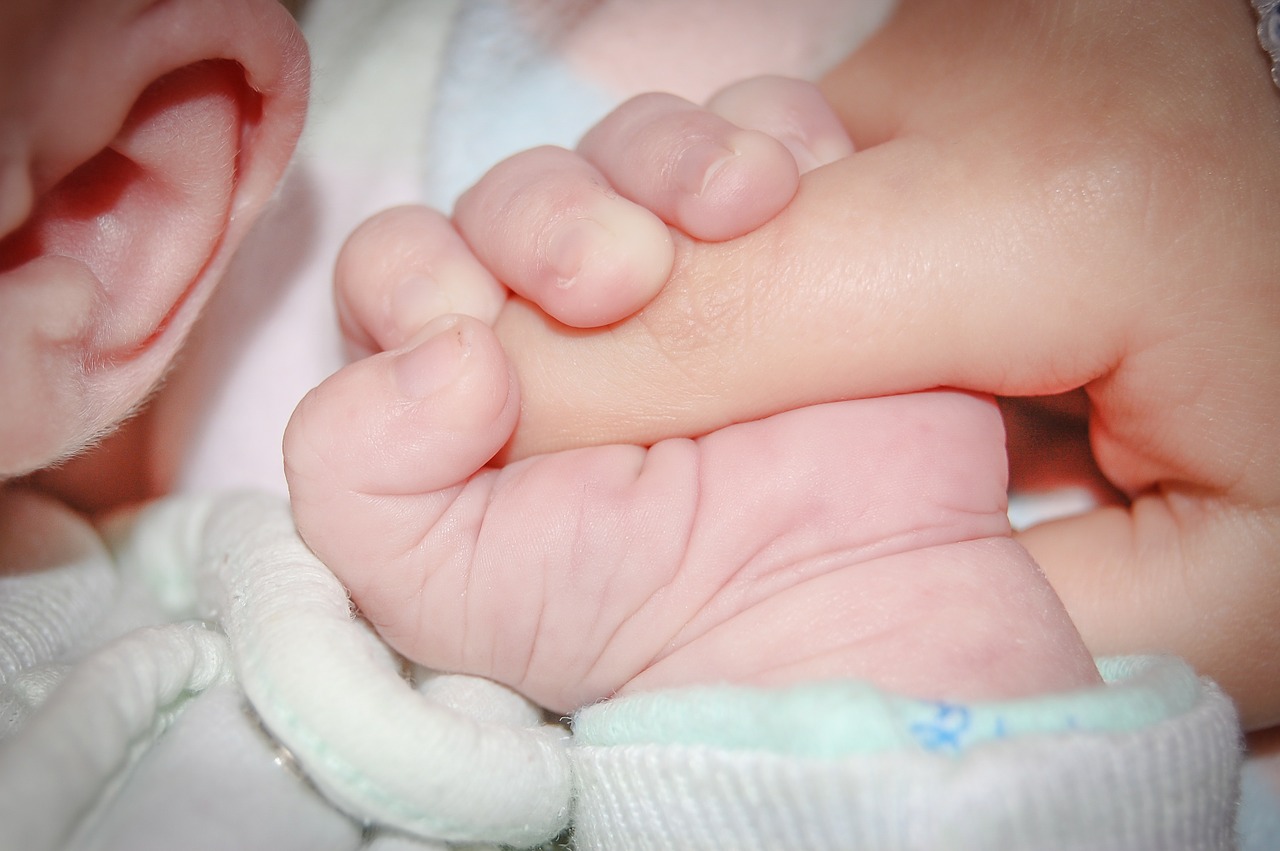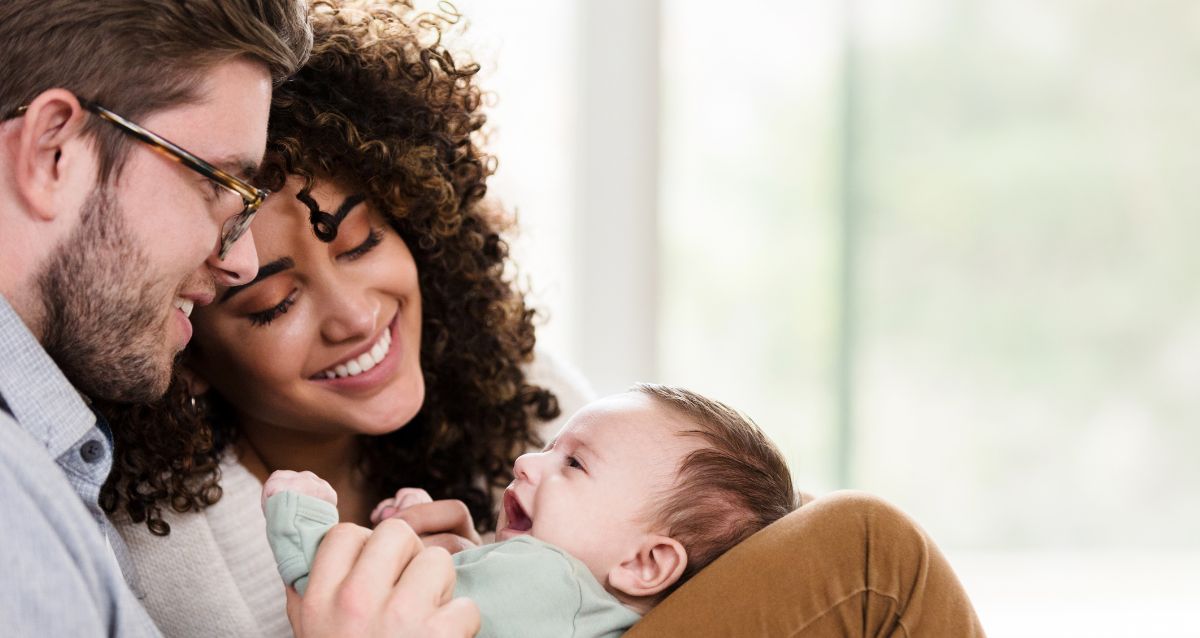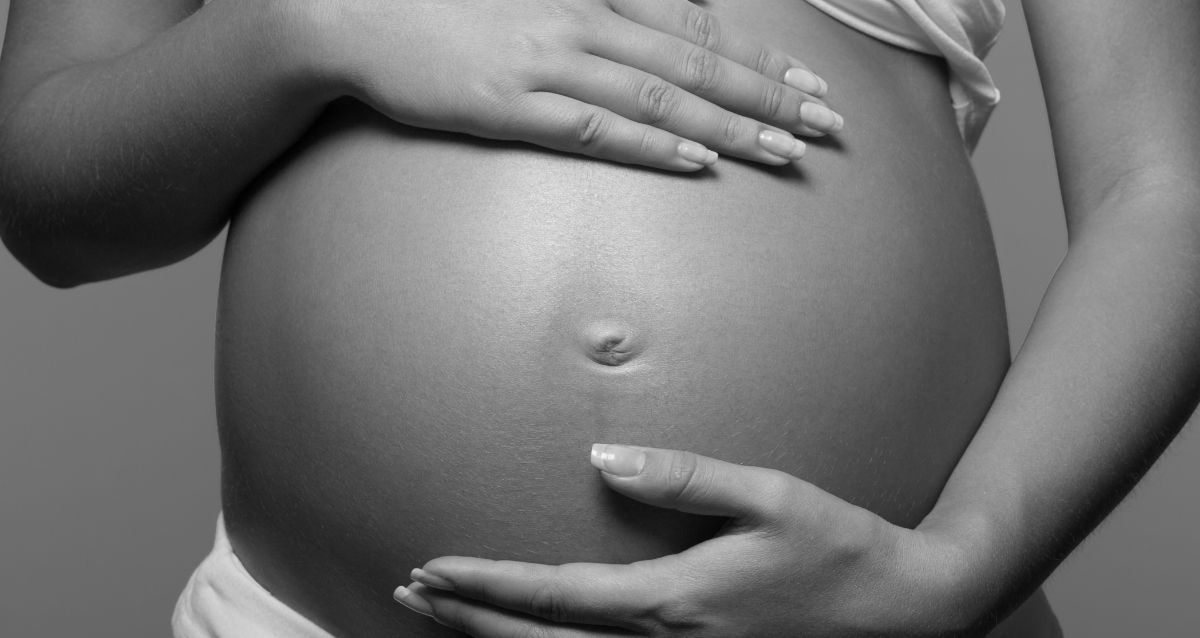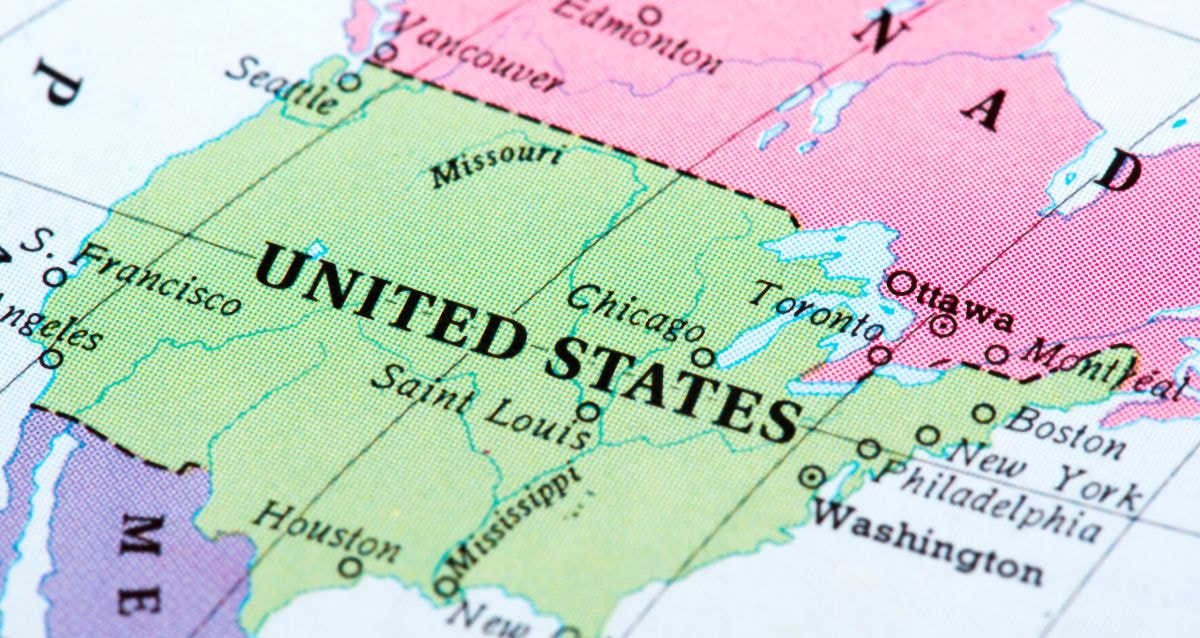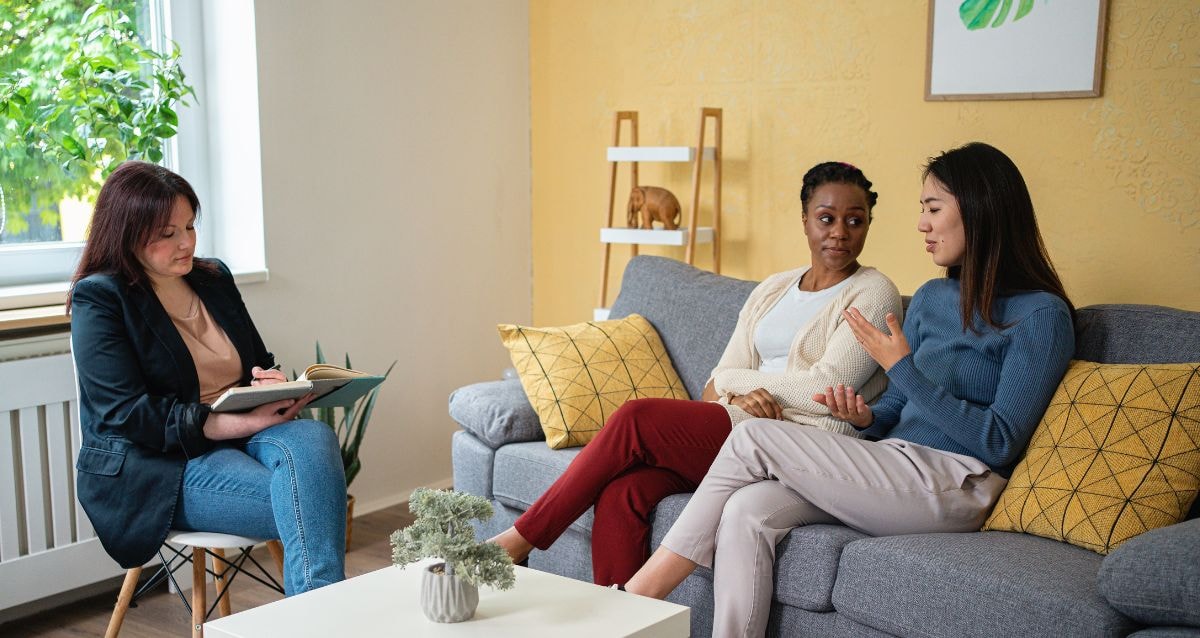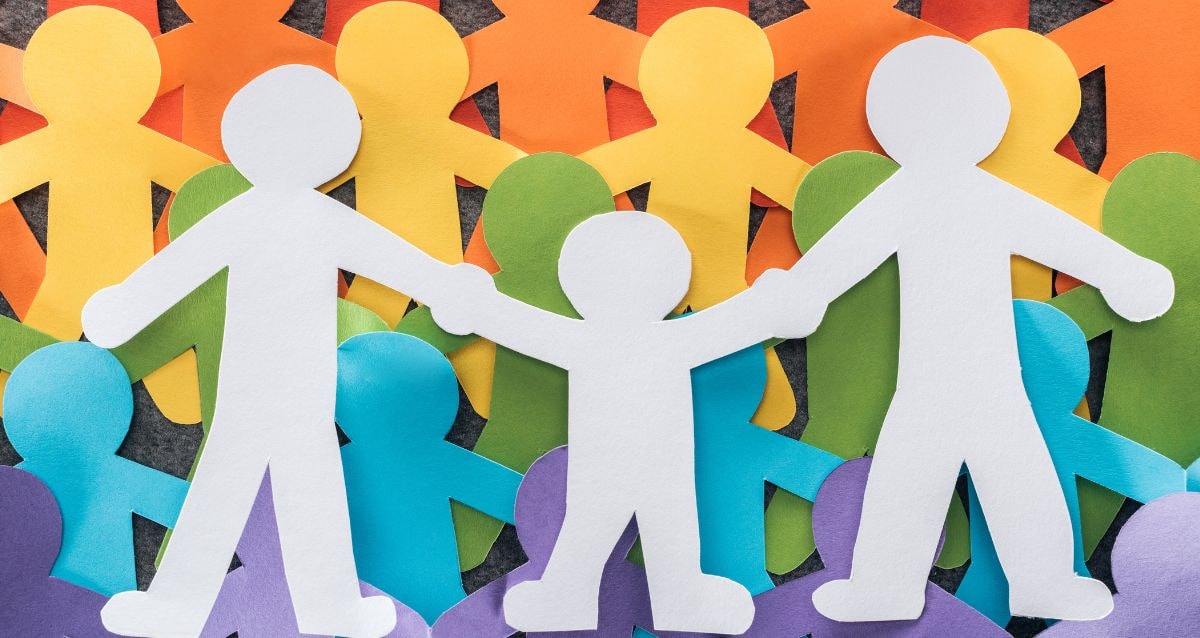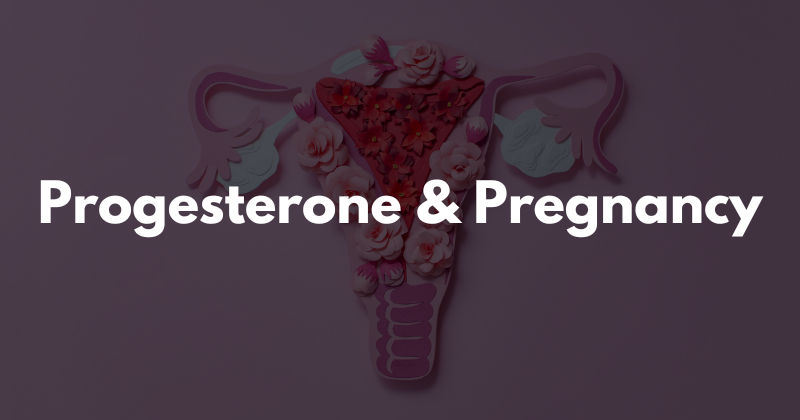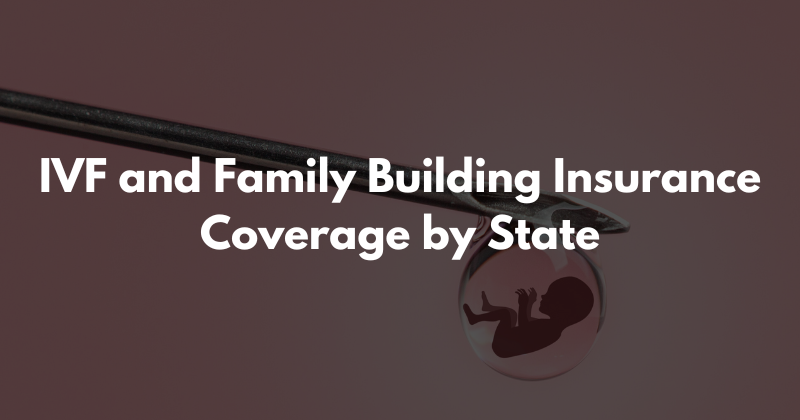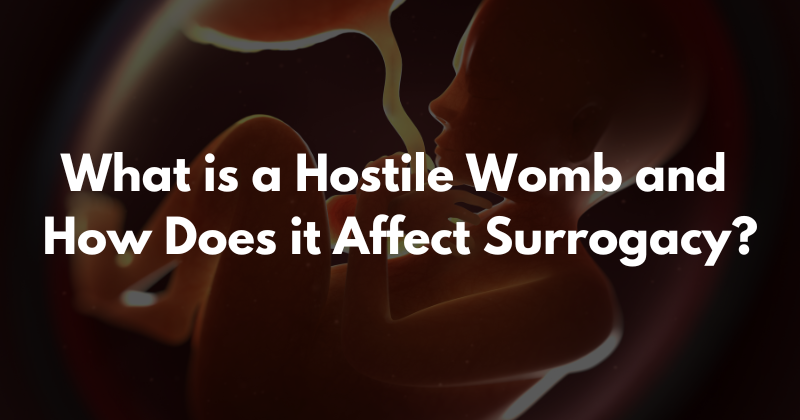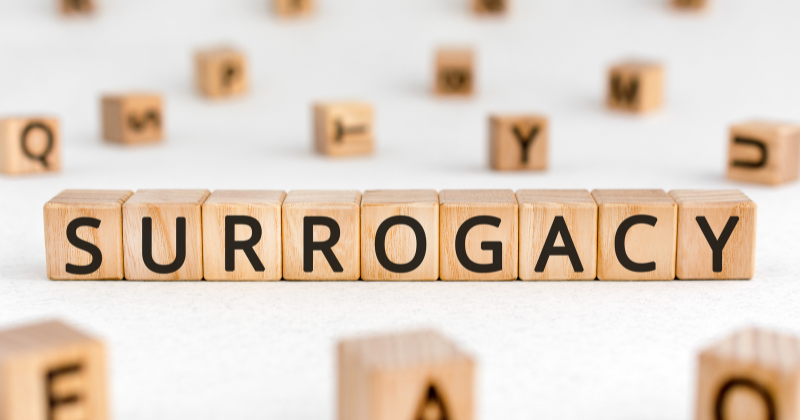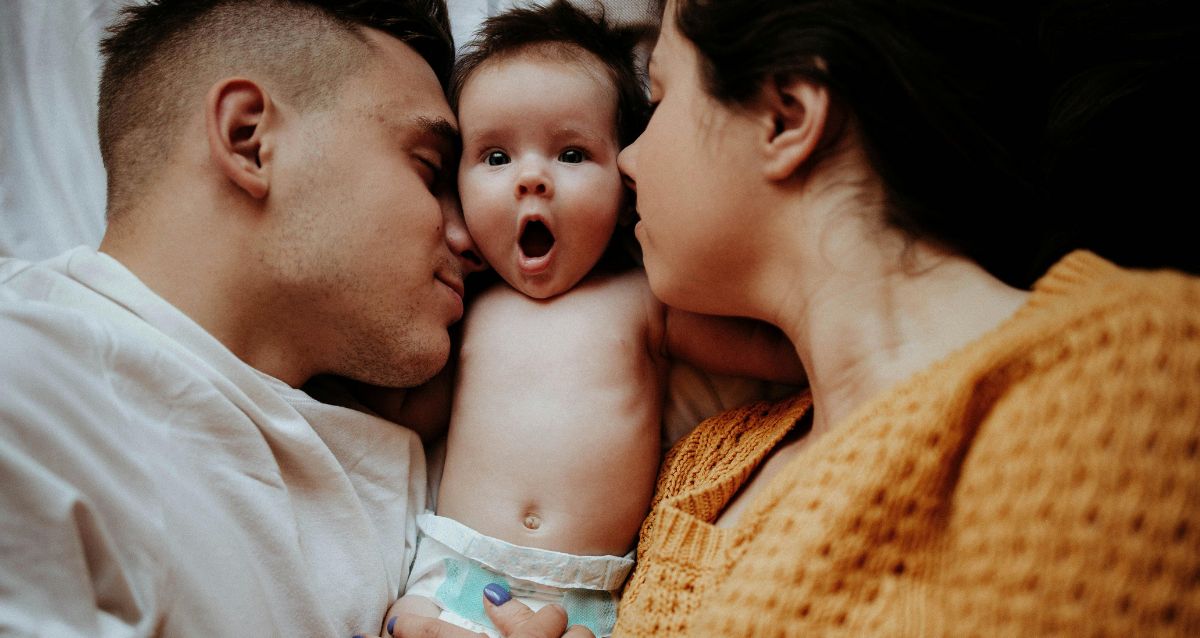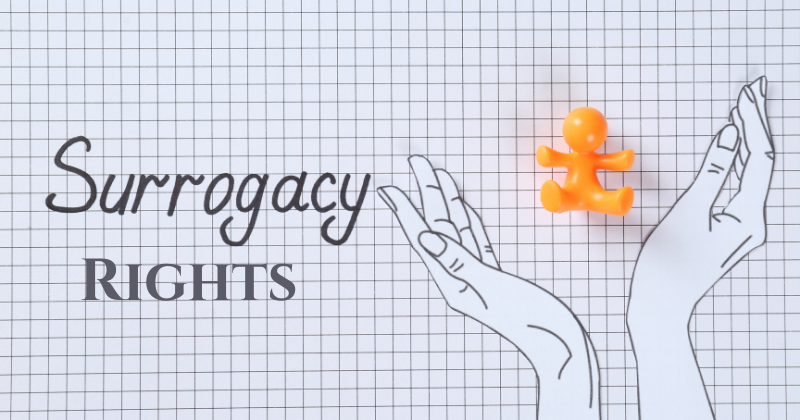It’s a question you may hear often after having a baby, especially in those early years, when the thoughts are still fresh. Tell us your birth story. How long were you in labor? What techniques did your Doula use? What supportive practices did you engage in with your partner? Did you have a partner? Was your Mother there? Did you tape it? Did you get the epidural? Did you poop on the table?
These aren’t unimportant questions, and the birth experience – like all milestone experiences in our lives, good and bad, deserves to be talked about. As potentially one of the most important, terrifying, and difficult things a women may experience in her life, it’s not an insignificant part of a dialogue that helps women feel empowered by their most difficult moments and validated by having a genuine audience to whom they can speak freely about those moments.
But it’s also said that giving birth is one of the most joyful acts of life, and this might be where we misstep. It can be joyful, to be sure, but the gravity of joy you feel as a parent when, say, your children look at you in earnest and tell you that they love you, or you look up from where you’re standing in the living room to find your 12 month old dancing to a commercial jingle for the first time, or even as you watch your four year old enthusiastically enjoy a popsicle.
Sometimes what happens is that instead of putting the birth story in the context of a range of moments (if we’re lucky, a long and full one), we approach it as the capstone of pregnancy, with more weight than it maybe deserves. After all, you usually spend a lot of time talking about it, thinking about it, and preparing for it – reading books, attending birthing classes, grilling your midwife or OB, and asking other women to share their own story. We write birth plans and give them, alongside baskets of chocolate chip cookies, to our team of birthing-center nurses, or we sit in classes for 12 or 16 or 20 consecutive Saturdays practicing the ways to breathe, the ways to squat, the best ways for our partners to coach us.
So this is probably why, when it doesn’t go the way we planned, it can truly feel devastating. We wanted a natural birth, but we had a C-section. We planned for a home birth, but we ended up at the hospital. We knew we needed an epidural, but we didn’t get to Labor and Delivery in time. Those feelings of hurt or disappointment or worry aren’t invalid. For a first-time parent undergoing such a vulnerable act in combination with such a huge life change, it may become even more magnified. One coping effort might be to try to shift our focus to incorporate the whole context of the experience – the birth isn’t the end of pregnancy, it’s the start of our child’s life, and there’s so much more coming for us that, at the end of the day, how they got here might hardly matter.
For many parents, there isn’t even a birth story to share. Or maybe there is, but it isn’t theirs. For families who come to the wonder of parenthood by the way of surrogacy or adoption, there are many joyous experiences of wonder and bonding that take place beyond the delivery room, and that’s true for biological parents too. It’s great to plan ahead, to be prepared, to have an ideal and then to work toward it, but the birth of a baby is just one small part of the many wondrous experiences we’ve been gifted – a whole new life story that we’ll get to tell, and the birth is just one tiny, tiny moment among it.
Wendy Arker entered the field of infertility with a huge heart and passion to guild others on their quest to grow their own family after her personal journey with infertility and turning to egg donation and sperm donation to create her own family. Being a single-mother-by-choice, Wendy understands firsthand the unique way families are built. Whether you’re a married couple, single, or LBGTQ, Creative Love is committed to assisting you.

